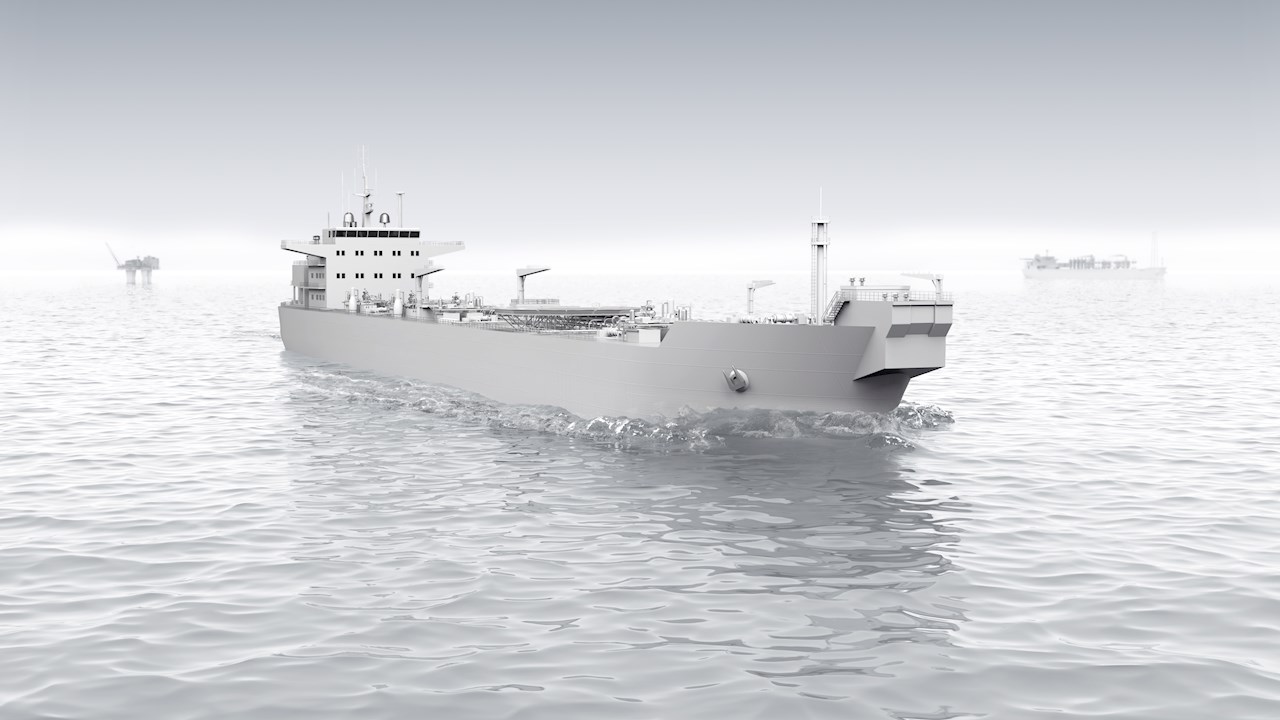First two shuttle tankers for Knutsen NYK Offshore Tankers (KNOT) to feature battery technology, in addition to a wide scope of ABB’s electric solutions, will achieve significant gains in fuel efficiency, operational flexibility and emissions reduction

Securing a contract from Daewoo Shipbuilding & Marine Engineering, ABB Marine & Ports will deliver the power and control technology for the two new KNOT shuttle tankers to future-proof them for the operations of tomorrow and enable the sustainability gains increasingly sought by energy majors.
The energy storage system was added at the request of the exploration and production company Vår Energi that has contracted KNOT to operate the shuttle tankers. The system will improve ship performance by optimizing engine responsiveness, whatever the load.
“We have been fully aware of charterers’ increased requirement for sustainability, so it was very important that our first commitment to battery power involved a supplier with a track record of delivering quality, safety and reliability to Knutsen, as well as service and remote expert support,” said Tom Knutsen, Project manager at KNOT. “ABB has significant experience in shipboard energy storage systems, and we are pleased that, on top of cutting emissions, this technology will also reduce OPEX.”
Built to endure harsh Arctic waters, the pair of 124,000 dwt tankers are set to be delivered by the Daewoo Shipbuilding & Marine Engineering shipyard in 2022. The newbuild vessels will operate in the North Sea.
ABB’s scope of supply will also include the shaft generator system, main switchboards, thruster and cargo pump drive systems, and take care of project management, commissioning and sea trials.
The ABB twin battery package on board each Knutsen ship will have a storage capacity of 678kWh. The energy storage system will be able to ramp up engine responsiveness by working with the ABB MV AC system to control and optimize shaft generator power flexibility. The enhanced dynamic support for the energy storage system will be crucial in the event of sudden load changes, peak loading, including the specific demands of station keeping and cargo pump operations.
Being able to call on the integrated energy storage system improves operational flexibility but also means that auxiliaries are needed less frequently, and sometimes not at all, saving fuel and reducing emissions. Battery power may therefore offer a new competitive edge where ships are being replaced or upgraded. In a circular approach, when the shaft generator has produced more power than required, the excess power will be used to charge batteries.
“We are proud to once again deliver safe and efficient solutions to Knutsen to assist them in achieving their sustainability goals,” said Juha Koskela, Division President, ABB Marine & Ports. “Our shuttle tanker offering ensures that current and future operating goals can be met, and emissions targets can be reached.”
Source: ABB